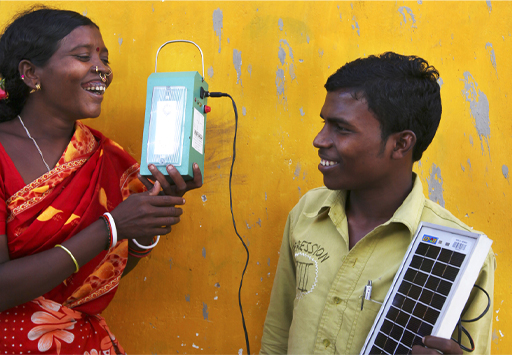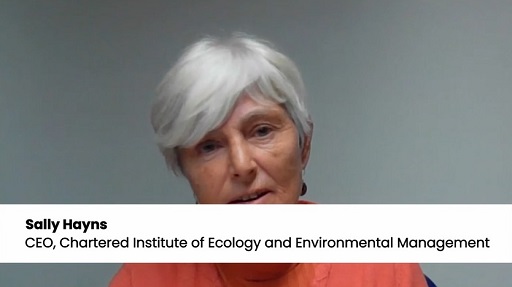1.1 A broader focus
A scoping review of the skills UK graduates need to address the climate emergency found that while technical skills are needed for some specific roles, other skills, such as communication, presentation, influencing, analysis, critical thinking, and team working are essential and should be included in every degree programme (Cook, 2020). Similarly, Kwauk and Casey (2022) argue that climate change is not only a technical challenge but a sociological one, because it requires humans to find ways of adapting to live in a changing world. They propose an expanded green skills framework that encapsulates three overlapping types of skills:
- skills needed for green jobs that support transition to a low-carbon economy
- skills for a green transformation that help societies to adapt and transform social and economic injustice
- green life skills that crosscut both of the above.
There are advantages to this wider view of green skills. It moves thinking away from a focus on economic growth and capitalism and acknowledges the contribution those involved in care work and education can bring to addressing the climate emergency. Even experiencing formal education at all can contribute to the global climate effort, with a move to educating all girls globally potentially reducing CO2 emissions by more than 50 gigatons by 2050 (Rapid Transition Alliance, 2020). This is because educated women tend to have fewer and healthier children as well as living longer with less likelihood of poverty. The Rapid Transition Alliance (2020) suggest women in Mali who have experienced at least secondary education have three children on average, compared with seven otherwise, and that globally educating all girls would mean a global population of 2 billion fewer than otherwise predicted by 2045.

All too often, climate education policies lack a focus on skills. Instead, sustainability and climate education are often taught in a fragmented way across the curriculum. There is a focus on learning about the environment as knowledge to be tested, rather than addressing the climate emergency as the most pressing issue facing humanity. Dunlop and Rushton (2022) describe how such policies can be ‘placebo’ policies, deflecting attention and leaving educators and learners poorly equipped to address the climate emergency. Teachers, teacher educators and young people would like to see a curriculum where there’s space to learn for the environment, and provide people with skills so they can act for the environment (Dunlop and Rushton, 2022).
Having the relevant skills and knowledge does not mean that a learner will always act. Being able to act depends on:
- personal factors, such as values, motivation and confidence
- material factors, such as technologies or environment
- social factors, such as cultural norms and expectations.
This means that it can also be helpful for educators to think in terms of capabilities (Nussey et al., 2022; Owens et al., 2023) or in other words, whether people have the capability to achieve the lives or outcomes they value, not just the right to do so.
Activity 1 What skills do learners need?
Watch the video below in which Sally Hayns, Chief Executive Officer of the Chartered Institute of Ecology and Environmental Management (CIEEM), Leigh-Anne Perryman, Senior Lecturer at the Open University and Simon Behrman, Associate Professor at Warwick University share their thoughts about the skills learners need. As you watch the video, make notes on the following questions.
- What skills do learners need to address the climate emergency?
- What are CIEEM doing to encourage learners to develop the relevant skills?
- Thinking about the learners in your own context, what personal, material and social factors might be enablers or barriers in relation to taking action for the climate?

Transcript: Video 1 What skills do learners need?
If you’re interested to find out more about CIEEM’s work in this area, have a look at the Green Jobs for Nature [Tip: hold Ctrl and click a link to open it in a new tab. (Hide tip)] website, which explains what a green job for nature is and how to get one.
